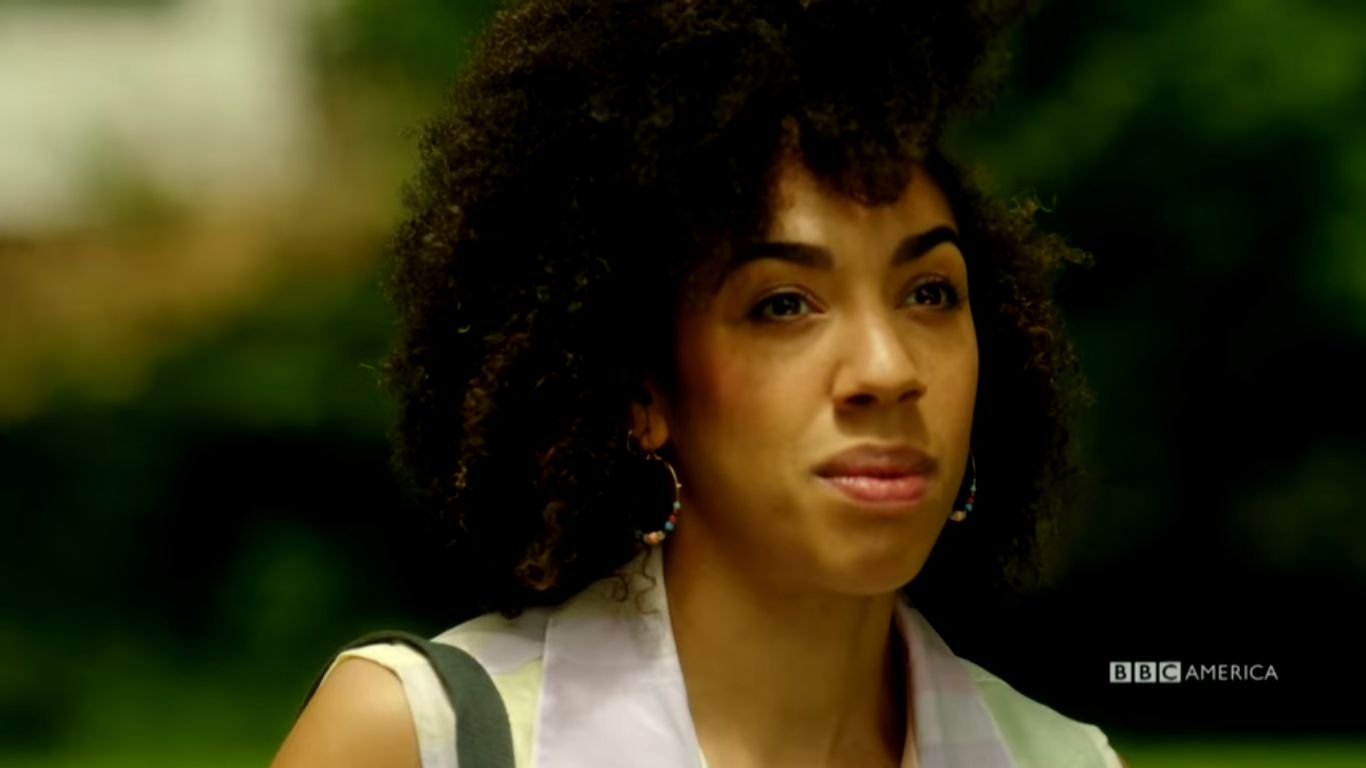We need to talk about Doctor Who.
I know Doctor Who is everyone’s favorite sci-fi television show. I understand that it is the longest running television show and that it’s able to bridge generational gaps because of it. It is as iconic as Star Trek and more storied than Star Wars. I get that. And the modern remake has fueled a fire in the current generation and spawned toys and games to keep the obsession hot.
But Doctor Who suffers — and always has — from a fatal flaw. Rampant sexism.
The new series of Doctor Who kicked off this weekend with what looks to be a new companion — one who’s dark-skinned and lesbian. And while I’d love to use those things to applaud the show’s attempts to add diversity to television, I can’t.
Despite the ambiguity inherent in the titular character, there has never been a female Doctor. And, though at times there have been multiple travelers with the Doctor, there is always one “Companion” and she is always female.
Since the Peter Capaldi doctor, most of the romantic overtones between Doctor and Companion in the new series have been sidelined, but that doesn’t change the inherently straight, cisgendered nature of the relationship between Companion and Doctor. Adding a lesbian to the mix doesn’t change the fact that the show is still sexist.
Companion is a weird archetype, but it loosely translates to “sidekick” — even when the Companion’s story overtakes that of the Doctor himself — as it did with Clara. A sidekick can never be as important as the hero, and anyway the show isn’t called Clara Oswald — it’s called Doctor Who. No matter what the new showrunners do with the show, no matter what new characters and stories they tell, as long as the Doctor represents only half of the population.
The Doctor is a Time Lord and Time Lords can regenerate. When they do, they take on a new form and a new personality — which is a convenient retcon to explain when leading actors are unavailable to continue the role, and likely at least partially the reason for the show’s longevity. Despite the fact that Time Lords can regenerate to a different gender, that has never happened to the Doctor (though it did happen to the Time Lord known as the Master, sometime arch enemy of the Doctor, who’s currently calling herself Missy).
It’s been posited several times that Time Lords can regenerate only 12 times; Peter Capaldi marks the twelfth doctor. Unless the new showrunners add in some more convenient retcon (something that we can’t exactly put past them in a show like Doctor Who), that would mean that the Doctor is, was, and always will have been, male, an obvious gender imbalance that should put even hardcore fans up in arms. And if they do add convenient retcon to support Doctors beyond the twelfth? Anything other than a long string of female doctors (twelve to be precise) would still be perpetuating this inherent, latent sexism.
Let’s talk about Companions for a moment.
Why has there never been a male companion? In the early days the companion was very much like whatever uterus-bearing, nameless side character in the original Star Trek that Kirk ends up making eyes at — fodder for brief romantic interest and/or involvement and a reflective surface on which to display the Doctor’s genius and ingenuity. In the current incarnation, even during the brief period where Amy Pond‘s husband tags along on the adventure with the eleventh Doctor, the Companion has continued to be, invariably, female. And despite the fact that in the new series, we see the Doctor with a wisecracking bald guy helping him out — wisecracking bald guy is not the Companion. You know this intrinsically the first scene that the character Bill appears — ah, yes, new companion, you think as you see her walk onscreen for the first time. And then you start to wonder (or, I do, anyway) why the Doctor is only ever interested in traveling with women.
I have no problem if the Doctor is just heterosexual, but the current incarnation of the show goes to great lengths to explain how the Doctor/Companion relationship is not romantic, that the Doctor doesn’t want a romantic relationship with his Companion and that he already has a (albeit unusual, time-traveling) relationship with River Song. And that only works if we explore other relationship types as well, which we can’t if the Doctor is only male.
Doctor Who has many great things going for it. It’s also terribly formulaic. To be sure, that gives it some of its charm, but the male/female, Doctor/Companion dynamic — that has been a staple of the show since its inception — is one thing that needs to go. We need more diverse stories in television and in science fiction, in particular. We need stories told from the perspective of more than just straight white men. Give me the show about a time-and-space-traveling heroine and I will be there. Television in a lens through which we perceive the world around us and, as such, needs to reflect the diversity of the world around us, not the homogeneity of writers and producers making the shows.

Leave a Reply